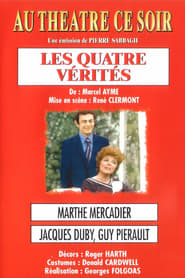detail profile fran c3 a7oise arnaud
Peran Yang Di Mainkan Françoise Arnaud
 On a night of April 1957 Albertine...
On a night of April 1957 Albertine...Astragal 2015
On a night of April 1957, Albertine, a brillant and rebel 19-year-old girl, jumps from the wall of the prison where she’s serving a sentence for a holdup. In her fall, a bone from her ankle breaks: the astragal. She is rescued by Julien, a justice fugitive, and so is born a burning passion between them. He takes her to Paris and hides her. But while he leads his gangster life here and there, the young woman struggles for her freedom and against the wounds inflicted by Julien’s absence, and writes poetry.
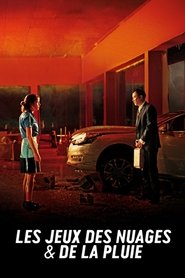 Li Qin leaves her temperamental husband...
Li Qin leaves her temperamental husband...Games of Clouds and Rain 2013
Li Qin leaves her temperamental husband and unknowingly provides a trail for a detective who has been, for months, secretly devoted to her. In the wake of their one-way chase, a Chinese businessman wanders around town; two magicians attempt to overcome a crisis, and a waitress is desperate for stability. Some will find what they are looking for, some will find each other, and some simply will not.
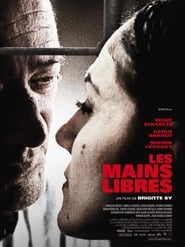 Barbara is a filmmaker who has...
Barbara is a filmmaker who has...Free Hands 2010
Barbara is a filmmaker who has been working in the prison environment for a few years now. She is preparing a film written and directed by long-term inmates in a prison in the projects around Paris. Twice a week, Barbara goes to the prison where she shoots interviews with the inmates which will serve as a basis for the writing of their screenplay.
 Unable to forget her first love...
Unable to forget her first love...A Simple Heart 2008
Unable to forget her first love, Félicité, a simple and kind maid, devotes herself completely to her new master, Mathilde Aubain. As the passing of time doesn't heal her wounds, she gives love to all those who surround her: Mathilde's children, her nephew Victor. But fate seems to always deny her from any love in return. Still she tries to find someone who'll accept her unconditional love.
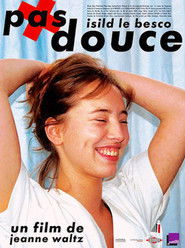 A rebellious teenager and a borderline...
A rebellious teenager and a borderline...A Parting Shot 2007
A rebellious teenager and a "border-line" young nurse will learn to tame each other and get a fresh start in life...
 Avril is a novice in a...
Avril is a novice in a...April in Love 2006
Avril is a novice in a convent of "Baptistine" sisters, a monastic order which was officially dissolved by the end of the nineteenth century but that is kept alive by Mère Marie Joseph, the sadistic superior. While Avril is on retreat, locked in for a fortnight in a chapel prior to taking her vows, Soeur Bernadette, a sympathetic sister, discloses a secret to her: she has a twin brother...
 Blandine arrives at the Charles de...
Blandine arrives at the Charles de...The Wound 2005
Blandine arrives at the Charles de Gaulle Airport, seeking a reunion with her husband Papi in Paris. Despite articulate claims for asylum, she is held in a cramped cell along with a number of fellow Africans, humiliated, mistreated and told that they can expect immediate deportation. Papi enquires of her whereabouts at Arrivals, and is met with disinterested, misleading responses. When Blandine is hurt in a skirmish on the runway as the authorities try and force her out of the country, circumstances and a sympathetic employee of the Ministry of Foreign Affairs save her from expulsion. She is finally reunited with Papi in a communal squat, its inhabitants sharing harrowing stories of their time in France. With work, money and food scarce, and her confidence shaken by her less than warm welcome to the country, Blandine cannot find the enthusiasm to leave her damp mattress.
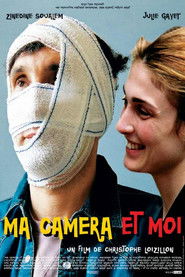 Max has two obsessions filming God...
Max has two obsessions filming God...Ma caméra et moi 2002
Max has two obsessions: filming God and the girls. His first camera, he drowns him at the age of six while trying to film a friend's "dick". The second, he steals it from a Japanese tourist couple. For the third, he seduces the saleswoman who ends up agreeing to undress. Until one day, understanding that the blind are decidedly more gifted than the sighted, she decides to cheat on him ...
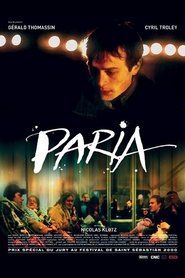 First part of a trilogy of...
First part of a trilogy of...Paria 2000
First part of a "trilogy of modern times" (the second one is La Blessure, and third - La question humaine). Paria follows the path of two characters, Momo and Victor. Momo –remarkably played by Gérald Thomassin– lives in the streets, while Victor, on the edge of poverty, loses his apartment when he loses his job. Their destinies will come across during the night of the “millennium” which will be celebrated in a social pick-up bus.
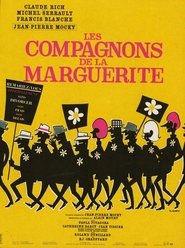 Matou is an innocuous gentlelooking man...
Matou is an innocuous gentlelooking man...Order of the Daisy 1967
Matou is an innocuous, gentle-looking man. He is married to a formidable, even a frightening woman, who is as dissatisfied with him as he is with her. He knows everything there is to know about restoring and authenticating manuscripts, particularly ancient ones, through his job at the museum. One day, it occurs to him that his skills could be put to use in a more personal way, and he embarks on a private career of re-arranging the documents of people who have had the misfortune to be married to the wrong people.

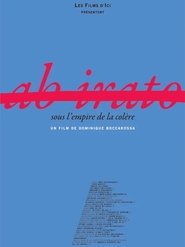
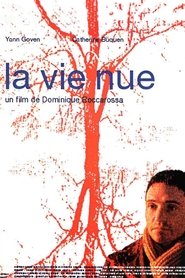 The story is inspired by the...
The story is inspired by the...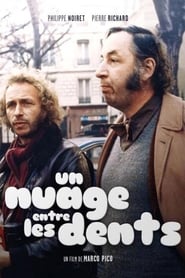 Malisard is a reporter at Soir...
Malisard is a reporter at Soir...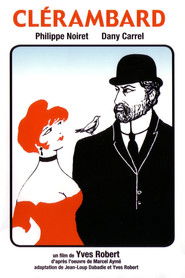 When a cruel man is visited...
When a cruel man is visited...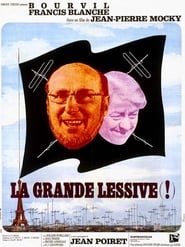 Sickened to see his students always...
Sickened to see his students always...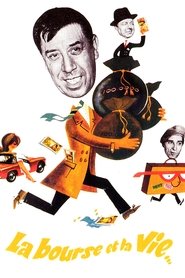 Ptepan learns that his money has...
Ptepan learns that his money has...